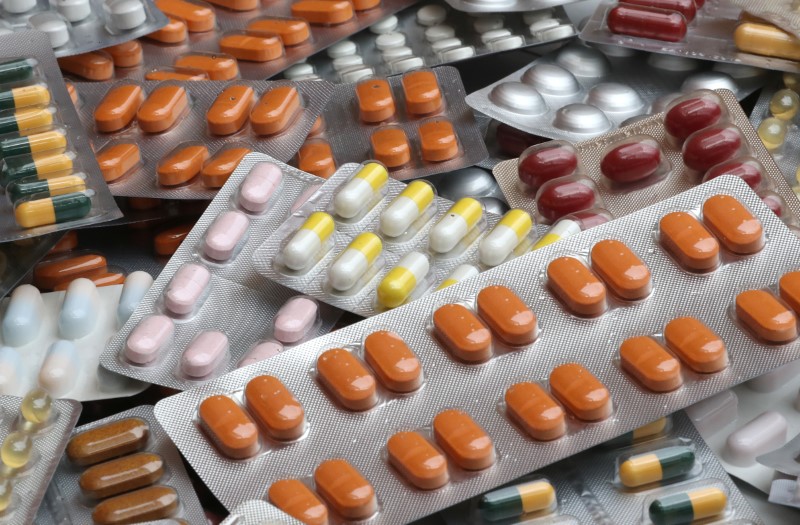This post was originally published on this site
https://i-invdn-com.akamaized.net/trkd-images/LYNXMPEG0H04E_L.jpg
BEIJING (Reuters) – Global pharmaceutical majors and generic drugmakers chopped by 53% on average prices of some of their off-patent products in the latest bidding round under China’s national bulk-buy program, government officials said late on Friday.
Beijing has been pushing forward the program where drugmakers have to go through a bidding process and cut prices low enough to be considered over generic copies and be allowed to sell their products at public hospitals via large-volume government procurement.
Some global firms such as AstraZeneca (L:) and Merck (N:) have already cautioned about intensifying price pressures on their mature brands in the world’s second largest drug market, as China expands the usage of the program.
In the latest bidding on Friday that involved 33 drugs and 122 companies, Bayer (DE:) slashed the price of its popular diabetes treatment Acarbose to 0.18 yuan ($0.0262) per pill, 78.5% lower than the price ceiling set by the government in December last year, elbowing some Chinese generic providers out of the tender, according to a Reuters calculation based on the preliminary results released by the authority overseeing the program.
Bayer was not immediately available for a comment.
“Products that won bids in this round of centralized procurement saw a huge price drop, which squeezes out unreasonable overpricing that has existed in drug distribution for a long time,” the authority said in a statement published alongside the preliminary result on Friday.
Sale prices of over 100 types of commonly used drugs are on average about 17 to 18 times of their manufacturing costs, the statement said.
Chinese copycats won bids for most of the 33 drugs, including generic versions for drugs ranging from Johnson & Johnson’s (N:) prostate cancer treatment Zytiga to Eli Lilly’s (N:) erectile dysfunction treatment Cialis, the results showed.
In Friday’s bidding, for products with two bid winners, 60% of the government procurement volume can be shared among the winners, according to official document detailing the tender rules released in December. For products with four winners and more, as much as 80% of the volume can be shared among the companies.
In the first round of the nationwide implementation of the bulk-buy program in September, global drugmakers including Sanofi (PA:) and Eli Lilly managed to cut some prices low enough to levels close to those offered by local generic makers.
Fusion Media or anyone involved with Fusion Media will not accept any liability for loss or damage as a result of reliance on the information including data, quotes, charts and buy/sell signals contained within this website. Please be fully informed regarding the risks and costs associated with trading the financial markets, it is one of the riskiest investment forms possible.

